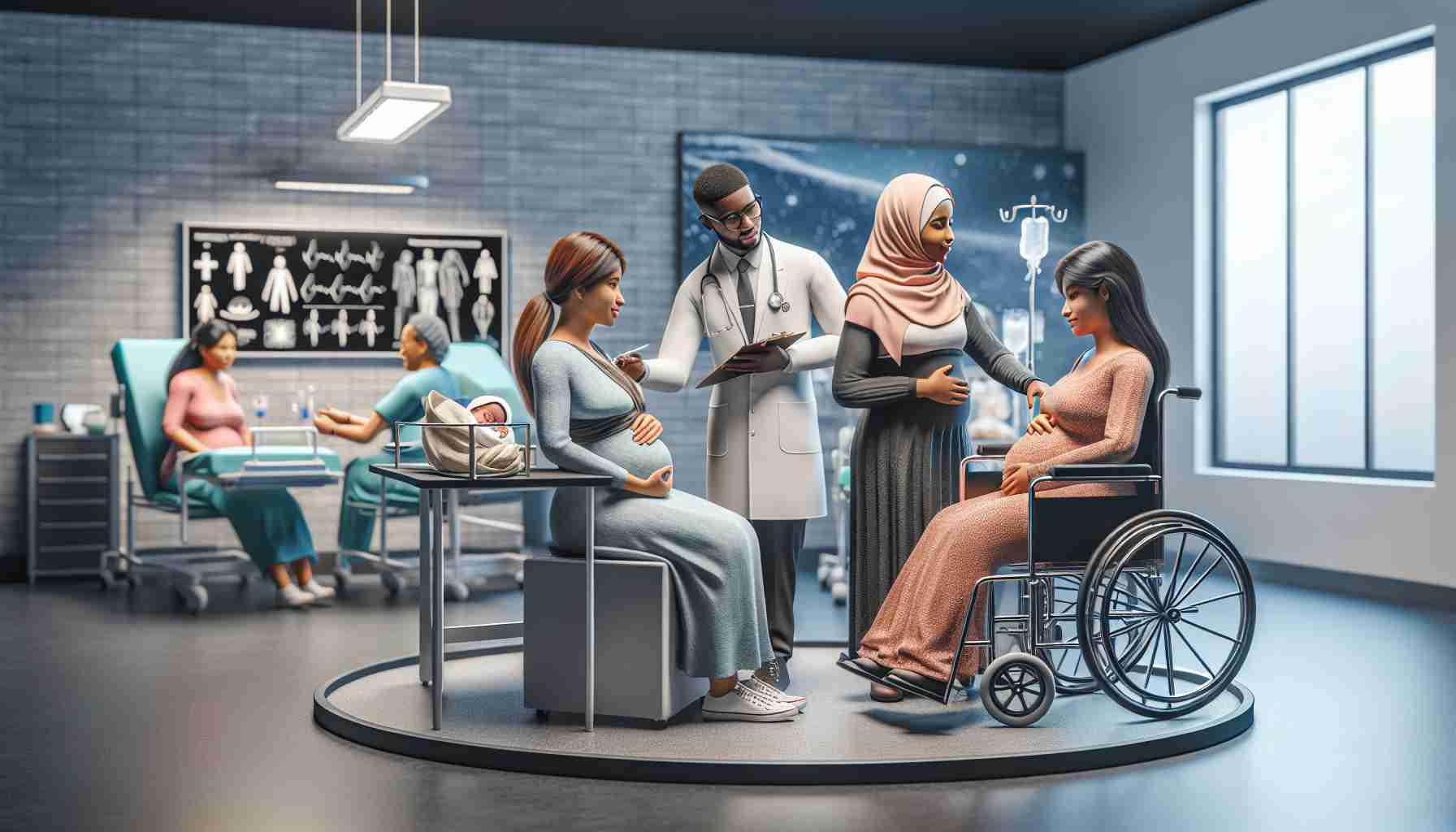Breaking Barriers in Maternal Healthcare
Women with disabilities in Malawi often face daunting challenges when seeking maternal healthcare services, despite existing policies aimed at safeguarding disability rights in the healthcare sector.
Empowering Women in Maternity Care
One woman’s experience encapsulates the uphill battle faced by many pregnant women with disabilities. Lynes Manduwa recalls the distressing moment nurses wrongly accused her husband of causing her miscarriage simply because she has a disability, highlighting the urgent need for improved understanding and sensitivity in the healthcare system.
Enhancing Accessibility and Privacy
The lack of designated facilities for women with special needs creates further obstacles in accessing essential maternal healthcare services. The absence of functional adjustable beds and accessible ambulances not only compromises their privacy but also hinders their ability to navigate healthcare settings independently.
Communication is Key
For women like Fanny Malemia, who have hearing and speech impairments, the absence of effective communication channels with healthcare providers can have severe consequences. Malemia’s harrowing experience of losing a pregnancy due to miscommunication underscores the critical need for sign language interpreters and enhanced training for healthcare professionals.
Advocating for Inclusive Care
Organizations like the Malawi National Association for the Deaf (MANAD) emphasize the urgent need for improved communication strategies and specialized training for healthcare professionals to ensure that women with disabilities receive equitable and respectful maternal healthcare services.
Looking to the Future
As Malawi strives to enhance its maternal healthcare services, initiatives focusing on inclusivity, accessibility, and communication can pave the way for a more equitable healthcare system that caters to the diverse needs of all women, irrespective of their disabilities.
Advancing Maternal Healthcare for Women with Disabilities: Uncovering Key Dimensions
In the realm of maternal healthcare for women with disabilities, several pivotal questions come into the spotlight, each holding crucial implications for the well-being of this underserved population.
What Are the Most Important Questions?
1. How can healthcare facilities be better equipped to accommodate the diverse needs of women with disabilities during pregnancy and childbirth?
2. What initiatives can be implemented to enhance communication between healthcare providers and women with disabilities to ensure accurate and comprehensive care?
3. How can stigma and biases against women with disabilities in maternal healthcare settings be effectively addressed and eliminated?
Key Challenges and Controversies
One of the key challenges in improving maternal healthcare for women with disabilities lies in the lack of standardized protocols and training for healthcare professionals to navigate the unique needs of this demographic. Controversies arise around the adequacy of existing policies in safeguarding the rights of women with disabilities in the healthcare sector, raising concerns about the enforcement and inclusivity of these regulations.
Advantages and Disadvantages
Advantages of prioritizing maternal healthcare for women with disabilities include fostering a more inclusive and equitable healthcare system, empowering women to make informed decisions about their reproductive health, and reducing maternal and infant mortality rates among this vulnerable group. However, disadvantages may arise from the resource-intensive nature of implementing tailored services, potential resistance from healthcare providers untrained in disability-inclusive care, and the need for sustained advocacy to drive systemic change.
Suggested Related Links
To delve deeper into this critical topic, visit the World Health Organization for global insights on improving maternal healthcare for women with disabilities and United Nations for broader policy frameworks advocating for the rights of persons with disabilities. Each of these organizations offers a wealth of resources and guidelines to navigate the complexities of enhancing maternal healthcare for women with disabilities on a global scale.
By addressing these important questions, acknowledging the challenges and controversies, and balancing the advantages and disadvantages, stakeholders can work towards a more inclusive and responsive maternal healthcare system that respects the diverse needs of all women, regardless of their abilities.
